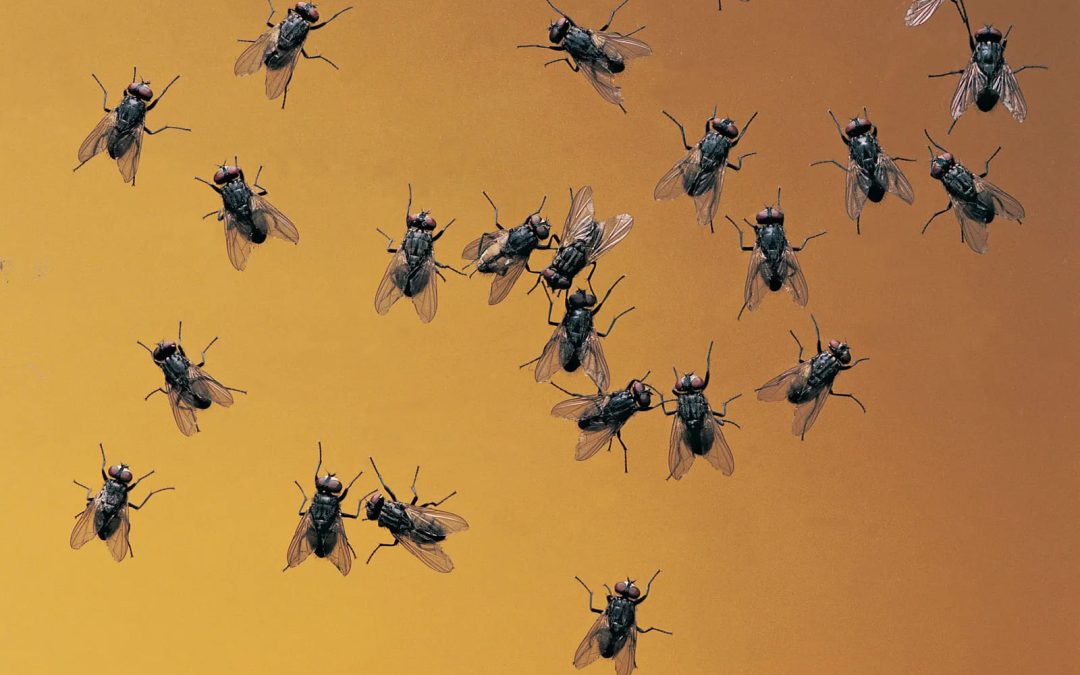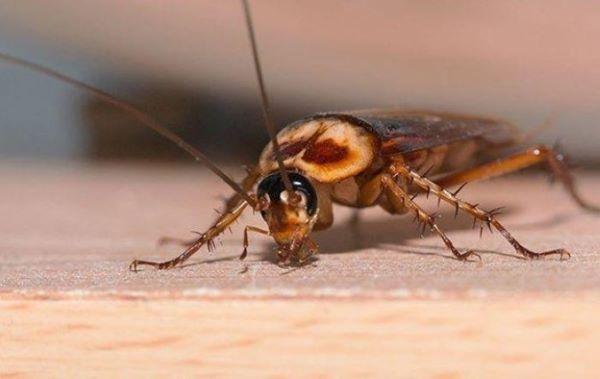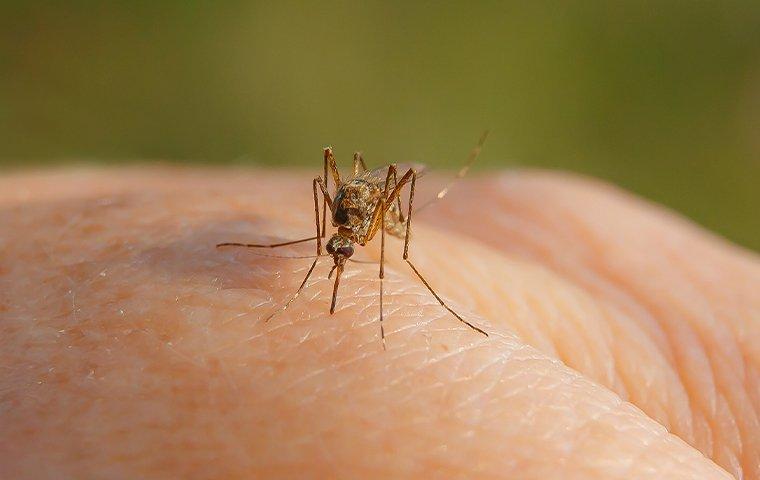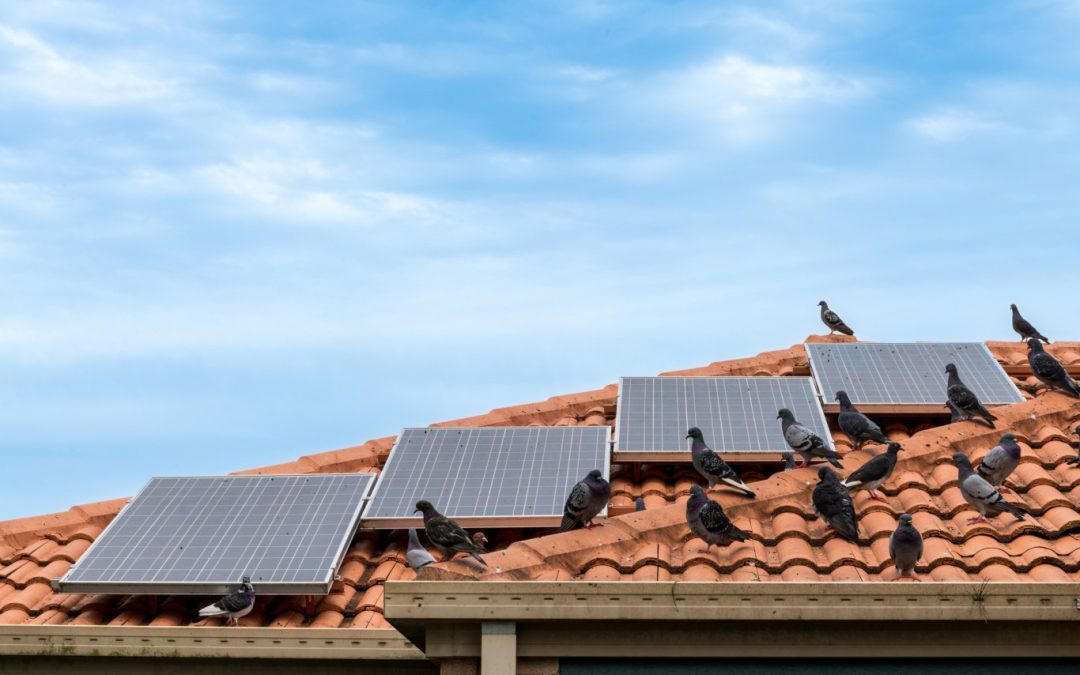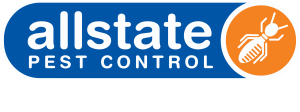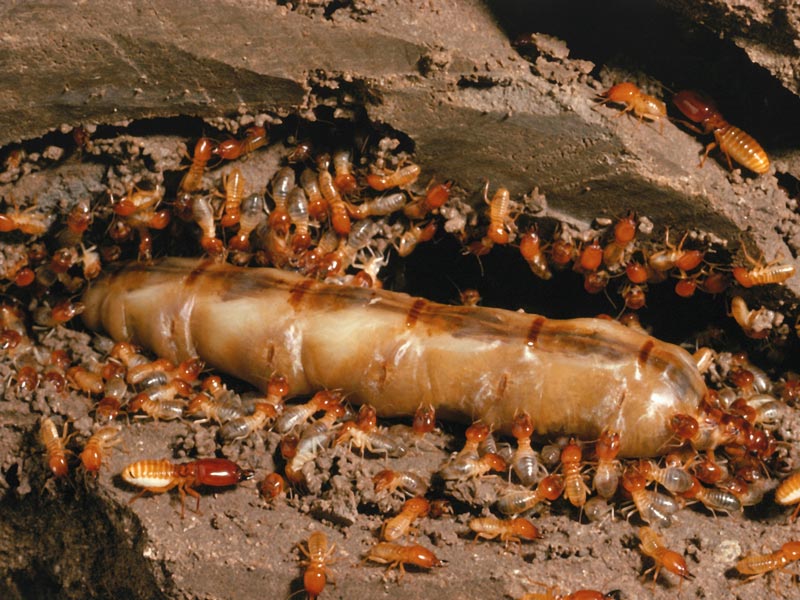
Early Signs of Termites in Your Home
They’re quiet and discreet, and are thought to infiltrate 1 in 5 homes in Australia. Prevent costly termite damage – that your insurance won’t cover – by understanding how to detect the following 6 early signs of termites in your home.
What attracts termites to your home?
With 1 in every 5 homes thought to be affected by termites every year, termite attacks are common all around Australia, including Adelaide. Want to know if your place is next? See if your home ticks any of the following boxes:
Do you have wood or timber structures?
Termites thrive on cellulose as they have specialised digestive systems which can break it down into usable energy. Take note that they have a particularly strong appetite for untreated wood, soft, moist and rotting wood.
Are there sources of moisture present?
From damp soil, piles of mulch and overgrown vegetation to leaky plumbing and air conditioning units, termites require moisture to survive.
Does your home provide enough warmth?
Since their optimum temperature is above 25 degrees, termites will be particularly drawn to your home in the cooler months of the year.
Sign 1: Mud tubes
Subterranean termites are well known for building protective tunnels as they forage for food away from their colonies, which are located underground. As their name suggests, mud tubes are brown coloured, elongated and made from tightly compacted mixture of dirt, wood, saliva and other scavenged debris to form a tough shell which is designed to shield termites from moisture loss and potential predators.
Types of mud tubes
Built for different purposes, termites have adapted their mud tubes to suit their needs:
- Swarm tubes are used by winged termites, also known as swarmers
- Exploratory tubes are found near soil openings to the termite nest and are a strong indicator of foraging termites
- Working tubes connect the termite nest to the main food source
- Drop tubes are vertical connections from the nest to the main food source
Where will I find mud tubes?
Look for them along walls, brickwork, foundations and around wooden structures, such as door frames and skirtings.
Protect your home from a costly outbreak. Book a termite inspection today.
 or
or
Sign 2: Termite swarms
Spring is the most active season for termite swarming, which is often triggered by the warmer temperatures and rain. It’s an indication that there’s a mature colony nearby and it’s looking for a suitable spot to establish a new colony.
If you’re wondering what termites look like when they’re swarming around your home, check carefully for shed wings on the floor or around window sills and doors. Each termite pair will shed 8 wings in total.
Sign 3: Hollow sounding wood
“Knock on Wood” isn’t just the title of a hit song from the 60s…they were definitely onto something when it comes to termites!
Due to their rather secretive tunnelling behaviour, termites will normally start chewing through wooden structures from the core, leaving the outer walls intact.
This means that when you tap on termite-infested wooden beams, furniture, walls and floorboards, you’ll hear a distinct empty, echoing sound.
Sign 4: Damage to timber structures
Probably the most dreaded sign of a termite outbreak, and no doubt the most stressful and expensive to deal with, is the physical damage that they cause. Although wood is their preferred food source, other cellulose-rich products around your home are also at risk of a termite attack, including insulation, carpet, paper, cardboard, textiles, drywall and upholstery.
What does termite damage look like?
- Crumbly timber beams
- Warped door and window frames which make doors and windows difficult to open and shut
- Peeling and blistering paint
- Bubbling wallpaper
- Sagging and warping in floors and ceilings
- Creaking, uneven steps
Worried about termites in your home? Act fast – speak to an expert today
 or
or
Sign 5: Termite droppings
Also referred to as “frass”, termite droppings accumulate in areas of high termite activity, so they’re a sure sign of termites inside your home.
You’ll notice piles of these digested cellulose waste products constantly appearing on the floor, carpet or collecting on skirtings, windowsills and even steps.
If you look closely at the surrounding wooden structures, you might even spot a tiny access point to the location where the termites are currently most active.
How do termite droppings normally appear?
- Uniform pellet shaped, with 6 concave sides
- Around 1mm long
- Depending on the colour of the wood that the termites are consuming, droppings vary from beige to black in colour
How to prevent early signs of termites in your home
Termites can forage over great distances in search of food, so even if you may not have a nest close by just yet, it doesn’t mean that they won’t eventually make their way over. Still, you can always be prepared, right? We recommend taking the following actions to protect your home from termites:
Minimise excess moisture
Regularly inspect your home for leakages in plumbing. Don’t forget to check your air-conditioning units as well. Make sure that the soil in your yard is well drained. If you have a basement or crawl spaces, ensure that they are dry and well ventilated.
Seal entry points inside your home
Most termites are only a few millimetres long, so they’re able to squeeze inside small cracks, holes and gaps to enter your home. Look for any vulnerable access points around your home, and fill them quickly.
Regular garden maintenance
Tending to your garden is important in minimising the chance of attracting termites. Here’s how:
- Removing fallen branches
- Trimming overgrown plants that may be touching the sides of your house
- Keeping your gutters clear from leaf litter and twigs
Take care to avoid damaging existing termite barriers if you take on DIY landscaping projects.
Remove wood-based objects from your yard
Termites prefer certain types of wood over others because they are often harder to digest, or might even be toxic. You might notice they avoid teak, redwood, cypress and heartwood.
Nevertheless, reducing the number of potential food sources, regardless of the type of wood, will help a great deal in deterring termites overall. We suggest:
- Removing old rotten tree stumps
- Storing woodpiles a safe distance away from your house off the ground
- Replace wooden garden sleepers with concrete, composite or steel dividers, or stones and pavers
Wood treatments
Protect your wooden furniture from termites by applying a waterproof wood treatment that is readily absorbed.
Regular termite inspections: your best chance against termites
Without the proper equipment, skills and training, it’s hard to spot a termite outbreak. To avoid the devastating damage that they can unleash on your family home, government guidelines recommend a yearly inspection carried out by a licensed termite inspector, in accordance with Australian standards.
If you live in a high-risk area, having more frequent checks may be even safer.
Safeguard your property from sneaky termites, speak to an expert today
 or
or
Professional termite control
So, you’re noticing the early signs of termites in walls in your home? Our team of highly trained, licensed termite inspectors will carefully check over your property to find the location of the nest. We’ll then use a combination of the following treatments to combat the outbreak:
Sentricon Always Active bait stations
Work as an excellent preventative to physically stop termites from entering your home. Positioned around the perimeter of your home and containing a powerful termiticide bait, Sentricon stations are positioned discreetly underground, guarding your property from the threat of subterranean termite nests nearby.
Premise spray
A fast-acting solution for severe outbreaks, Premise spray can reduce the number of active termites quickly when applied to problem areas.
Choose Allstate for powerful and long-lasting termite management
When termites are on the loose inside your home, there’s nothing stopping them, unless you act fast.
With Allstate Pest Control, you won’t be left wondering how to know if you have termites before it’s too late. We’ve successfully resolved termite infestations across all suburbs of Adelaide since 1986. Whether you’re in a residential, commercial or industrial setting, our team of licensed termite inspectors will detect early signs of termites in houses create a tailored treatment plan using the most up-to-date termite control measures.
Reach out to our friendly customer service consultants for effective protection against the earliest signs of termites, right at their source.


